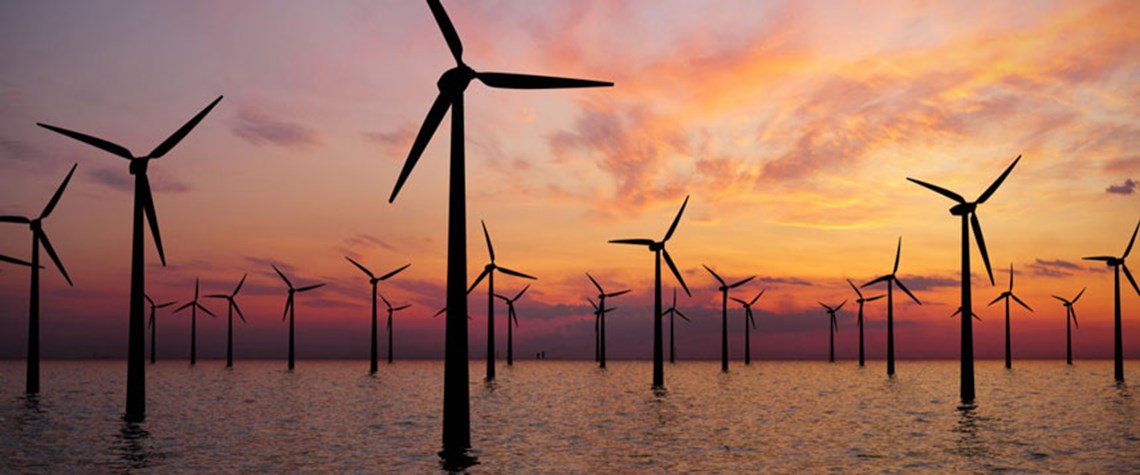Energy crisis will not derail transition – DNV
Falling cost of renewables and rising carbon prices will outweigh short-term turbulence, risk management firm says in new forecast
Current volatility in global energy markets will have a minimal impact on the pace of the energy transition to 2050 as rising long-term carbon prices and plunging renewables costs outweigh short-term factors such as inflation and supply-chain disruptions, according to risk management company DNV. “The turbulence in the energy market does not dramatically alter the decarbonisation pathway towards mid-century,” says Remi Eriksen, CEO of DNV. “The strongest engine of the global energy transition is the rapidly reducing costs of solar and wind energy, which will outweigh the present short-term shocks to the energy system.” However, the world is heading for 2.2°C warming by the end of the century

Also in this section
9 January 2026
A shift in perspective is needed on the carbon challenge, the success of which will determine the speed and extent of emissions cuts and how industries adapt to the new environment
2 January 2026
This year may be a defining one for carbon capture, utilisation and storage in the US, despite the institutional uncertainty
23 December 2025
Legislative reform in Germany sets the stage for commercial carbon capture and transport at a national level, while the UK has already seen financial close on major CCS clusters
15 December 2025
Net zero is not the problem for the UK’s power system. The real issue is with an outdated market design in desperate need of modernisation







